How does mindfulness improve mental health? How are mindfulness and mental health connected, in the first place? Mindfulness can make your life ten times better and healthier, but not a lot of people realize the benefits of living in the moment.
But how can mindfulness improve mental health? Simple; do not dwell in the past, do not dream of the future, but concentrate the mind on the present moment.
The Secret Link Between Mindfulness And Mental Health
Before You Dismiss Mindfulness…
Research shows mindfulness offers benefits for mental health.

What comes to mind when you think of mindfulness? For many, it’s an image of a yogi, a Buddha, or a wellness influencer. Maybe it’s a phone app or a fitness outlet.
For me, it’s science.
Mindfulness has become a buzzword synonymous with self-care and meditation, promising wide-ranging benefits from reducing stress to increasing happiness.
It’s now a multi-million-dollar business, with thousands of apps touting the benefits of mindfulness in one way or another.
And among all this buzz, I’ve seen a few articles that push back on mindfulness. Often, they’re not wrong to question the claims some apps have made.
But as a neuroscientist and physician, I’ve been impressed with the growing amount of evidence in support of the approach.
Like other “hot” topics, mindfulness has been hijacked by hype and misunderstanding. For example, many think that the goal of mindfulness is to clear your head of all thoughts.
That’s a hard thing to do, and if you’ve tried mindfulness under that assumption, you’re destined for disappointment.
Mindfulness is really about paying careful attention to our thoughts and behaviors, not trying to suppress them.
When we do this, mindfulness helps us clearly see the costs and benefits of any given situation. It can, for instance, help us overcome cravings and addictions of all kinds.
In one pilot study, we found that evidence-based mindfulness training led to a 48 percent reduction in anxiety among participants after completing 28 core modules of the program.
And we’ve seen this success not only with anxiety, but also with overeating, smoking, social media use, and more.
Why might mindfulness be so effective? It starts with neuroscience. Our brains are wired based on the most evolutionarily conserved learning processes—the reward-based learning system.
The system is based on a trigger, behavior, and reward. Let’s take food as an example: When we get hungry (trigger), we look for food (behavior), and then we eat and feel satisfied (reward).
After a while, however, the reward becomes so enticing that we no longer eat only when we’re hungry, but also when we’re bored or stressed or tired. Before you know it, overeating becomes a habit that can be incredibly difficult to break.
Read: How to Stimulate Your Vagus Nerve for Better Physical and Mental Health
Mindfulness is the tool we have been given to tap into this system to “hack” and rewire our brains so that we can address unwanted behaviors and overcome even the most difficult habits.
When we pay attention to all aspects of our experience, we start to notice the push and pull of cravings in particular. Only then can we really see cravings for what they truly are: simple thoughts and feelings.
One of my favorite examples that shows just how powerful mindfulness can be is smoking cessation.
In one study in my lab, smokers were given mindfulness training: They were taught breath awareness and how to pay attention to habit triggers and actions.
In response, these smokers reported being more aware of why they smoked, what behaviors to substitute for smoking, and how disgusting cigarette smoke smelled and tasted when they just paid attention.
We found that this mindfulness-based training was five times more effective than the gold standard treatment in helping people quit smoking. Mindfulness worked: The science speaks for itself.
However, not all mindfulness prescriptions are created equal.
With all the hype, it’s difficult for individuals and institutions to distinguish real data from wishful thinking.
A recent study found that while scientific language is often used to describe all the thousands of mental health apps, less than 3 percent cite direct evidence associated with the app itself.
While many have found that evidence-based digital therapeutics using mindfulness can make real and lasting changes in people’s lives, it’s important that consumers carefully choose the program they engage with.
Too many of us deal with addictions or anxiety in silence, which is why it is so important to shine a light on legitimate solutions, especially those that are affordable and scalable. Evidence-based digital therapeutics are one such option.
Remember: You don’t need to be diagnosed with a mental illness to invest in your mental health. The vast majority of us can benefit from learning to more effectively interact with the world around us.
We have an opportunity to make a commitment to ourselves by investing time and resources into whatever mental health challenges we are experiencing, or simply improving our overall mental well-being.
We should all make an effort to prioritize and protect our mental health, and not be afraid to use mindfulness to help.
When you start your mindfulness journey, whatever it may look like, be conscious about choosing a program that relies on science and empirical data to know that your endeavor will set you up for success.
Again, I’m not promising it will be a magic fix. To get the most out of mindfulness takes time and discipline. But I can promise that mindfulness is based on science.
If you want to know more about the connection between mindfulness and mental health, you can watch this video below:
References
Brewer, J. A., Mallik, S., Babuscio, T. A., Nich, C., Johnson, H. E., Deleone, C. M., … Rounsaville, B. J. (2011). Mindfulness training for smoking cessation: results from a randomized controlled trial. Drug and alcohol dependence, 119(1-2), 72–80. doi:10.1016/j.drugalcdep.2011.05.027
Larsen, M. E. (2019). Using science to sell apps: Evaluation of mental health app store quality claims. npj Digital Medicine.
Lindson, J. (2019, April 10). Stop forcing your mindfulness on me. Retrieved from Fast Company: https://www.fastcompany.com/90326777/stop-forcing-your-mindfulness-on-me
Written by Judson Brewer M.D., Ph.D. Originally appeared on Psychology Today
For more information, visit www.drjud.com
So, did you grasp the meaning between mindfulness and mental health? Will you do mindfulness meditation to heighten your presence of mind? How will you practice mindfulness to enhance your mental well-being? Let us know in the comments below!
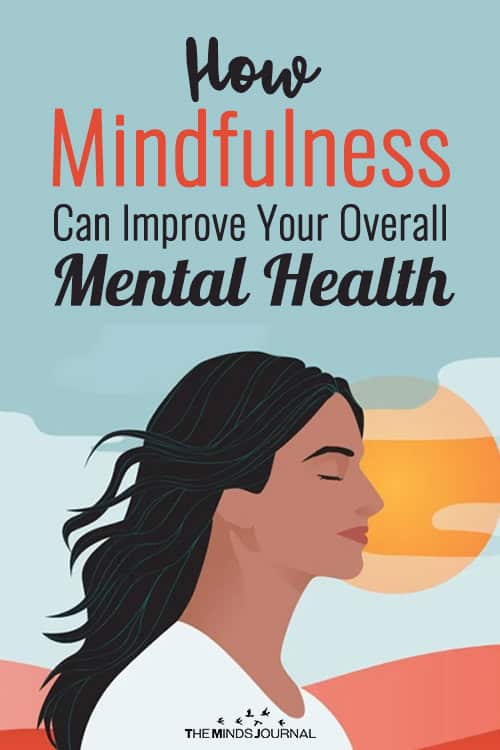



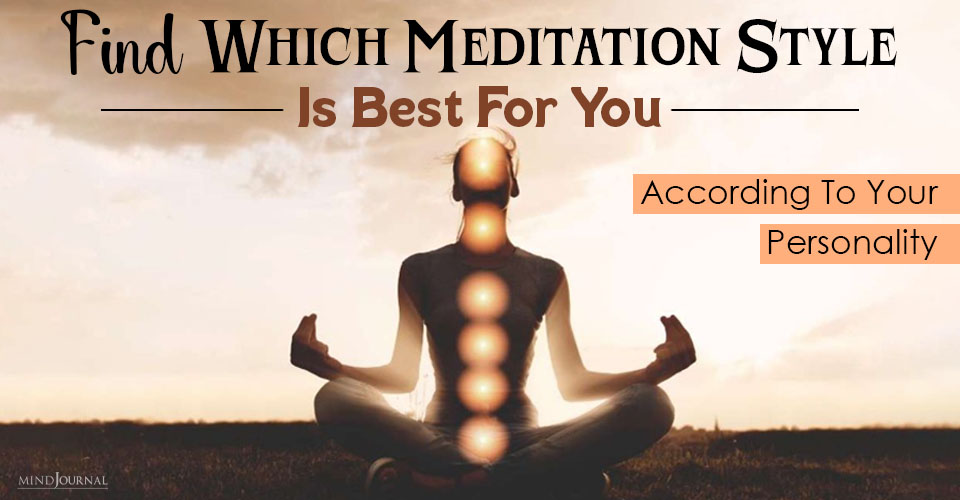
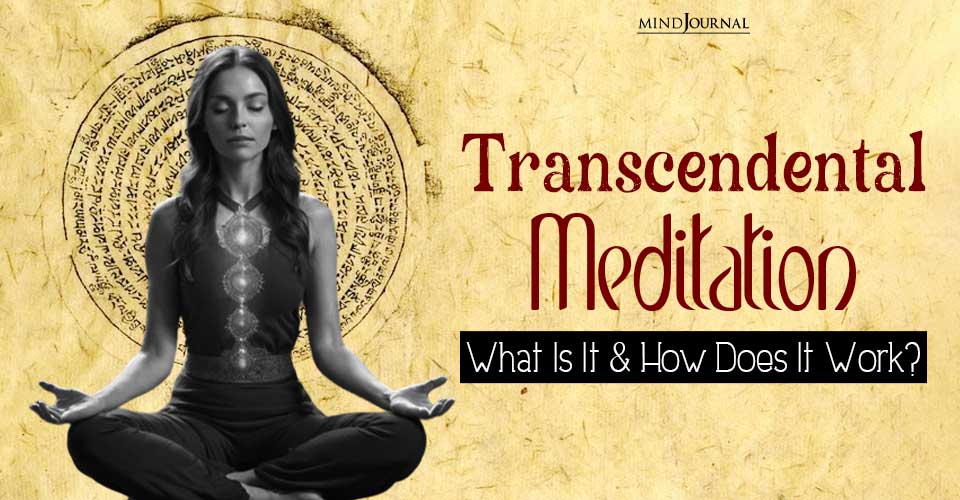

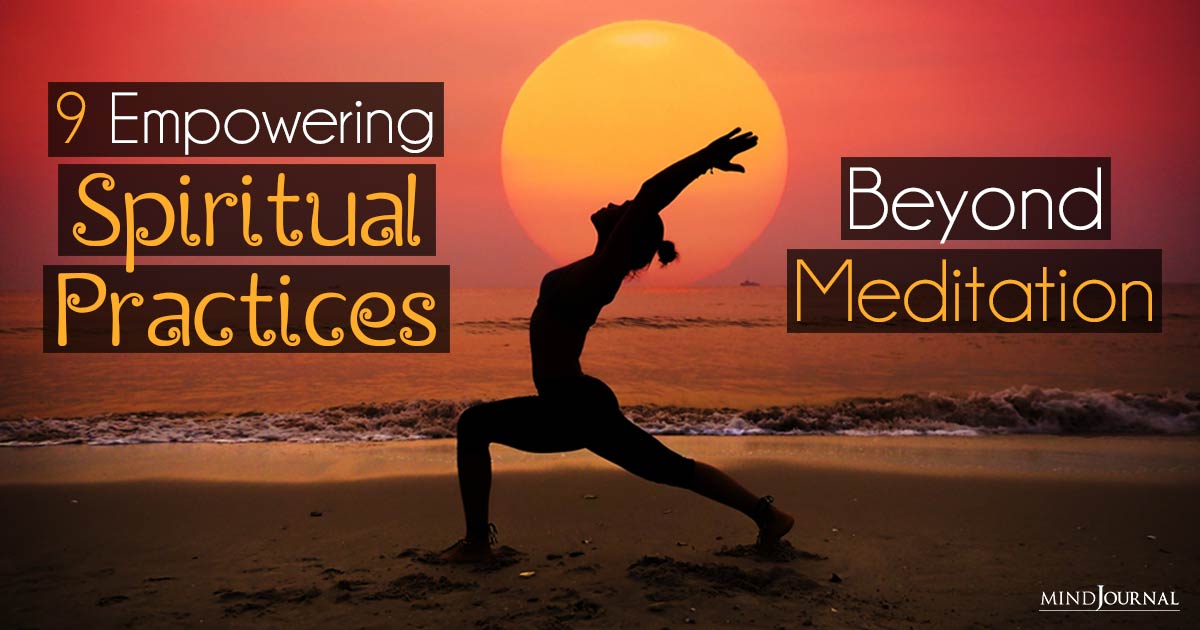
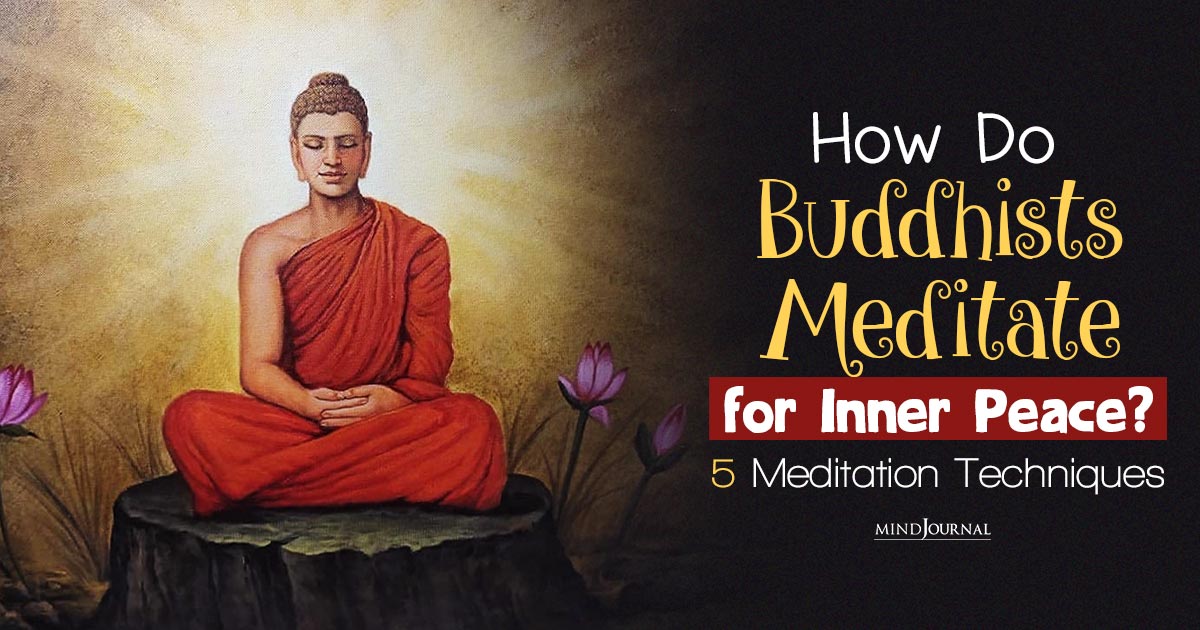

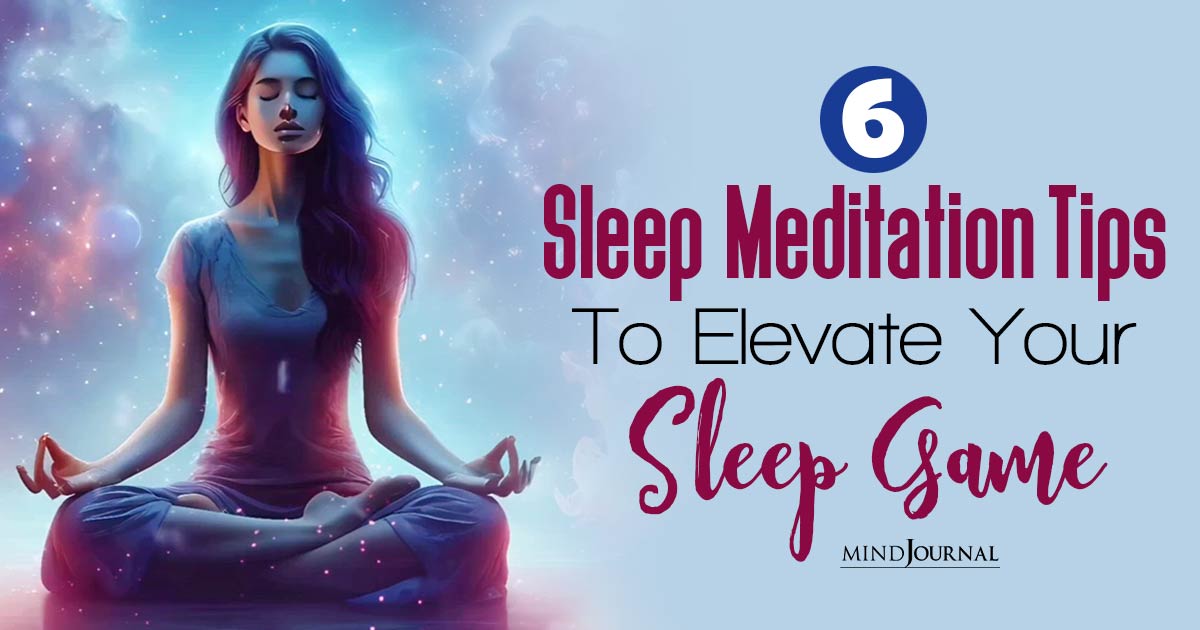
Leave a Reply